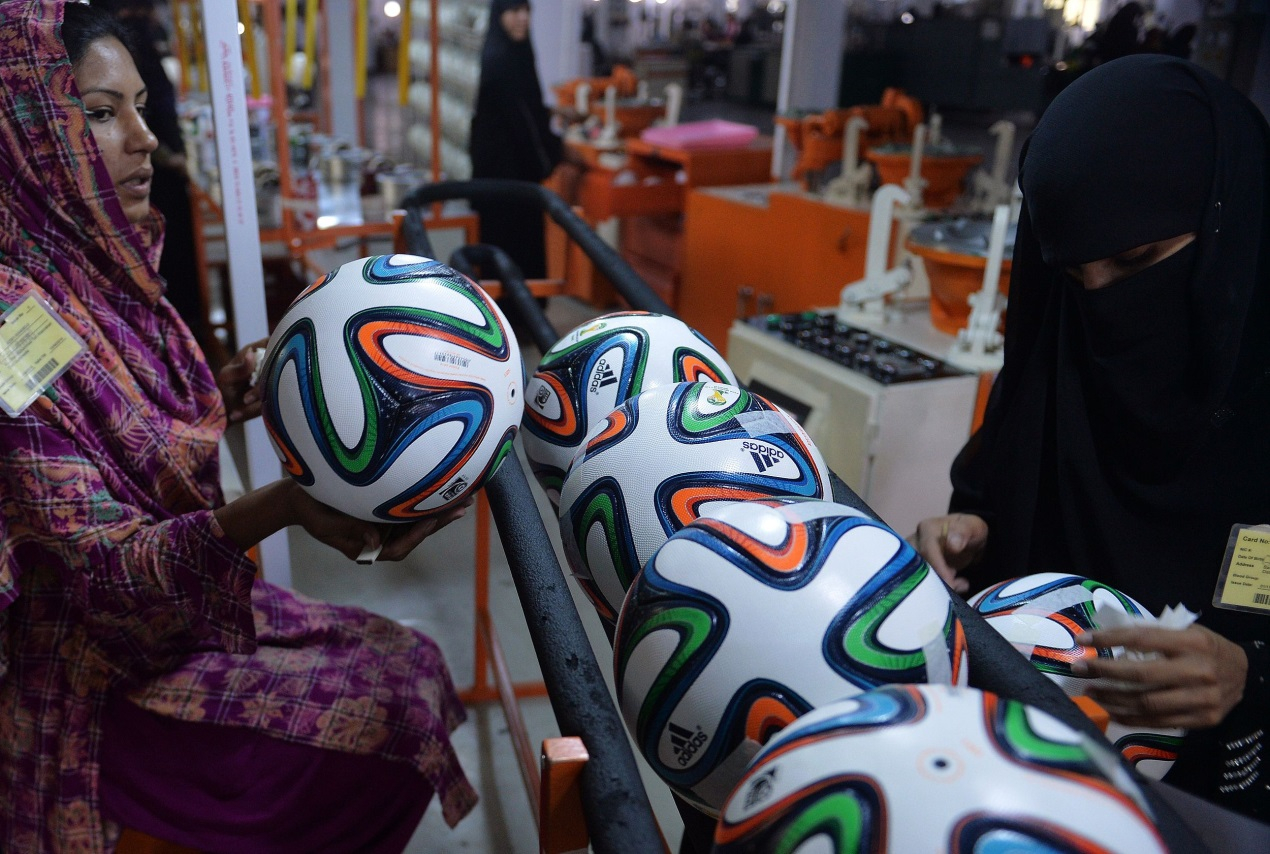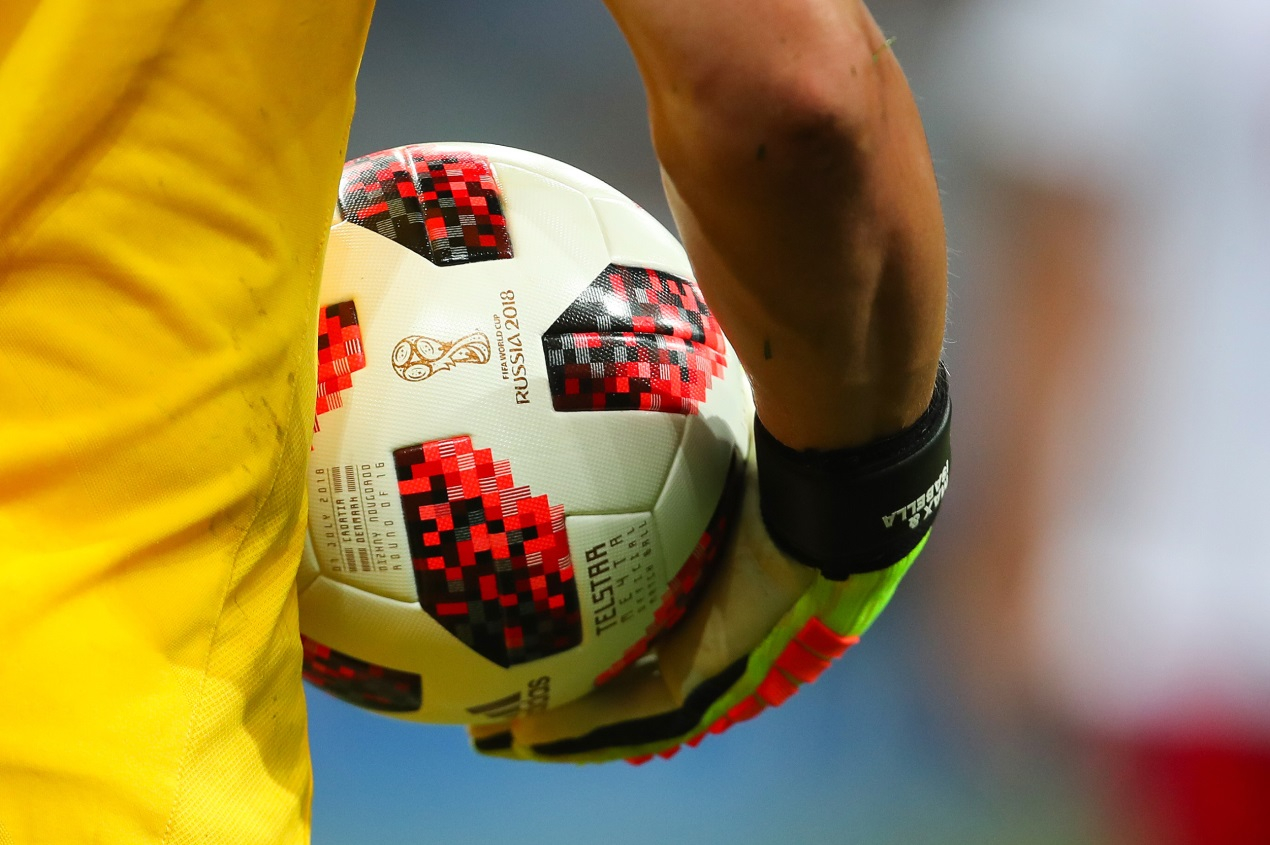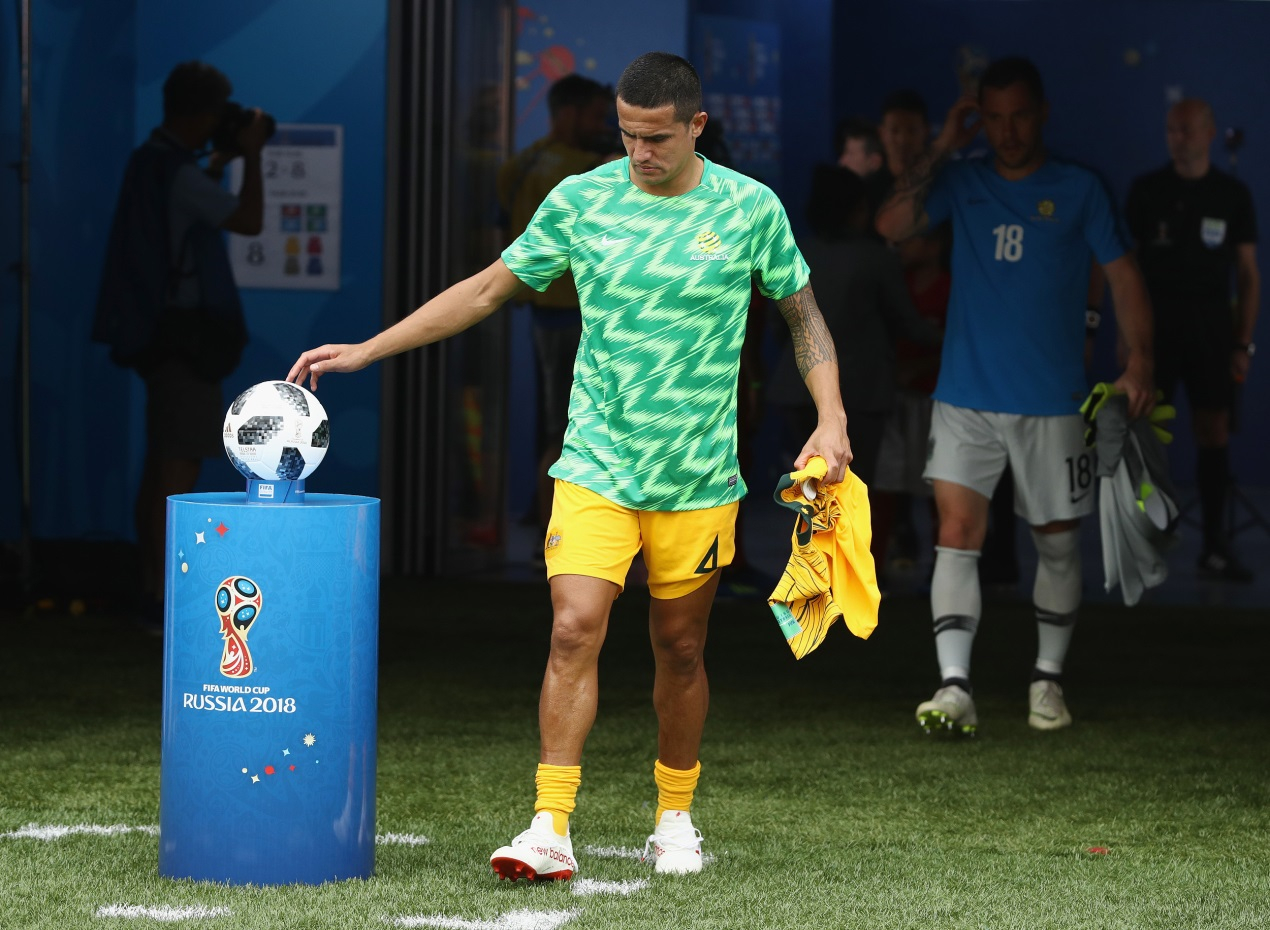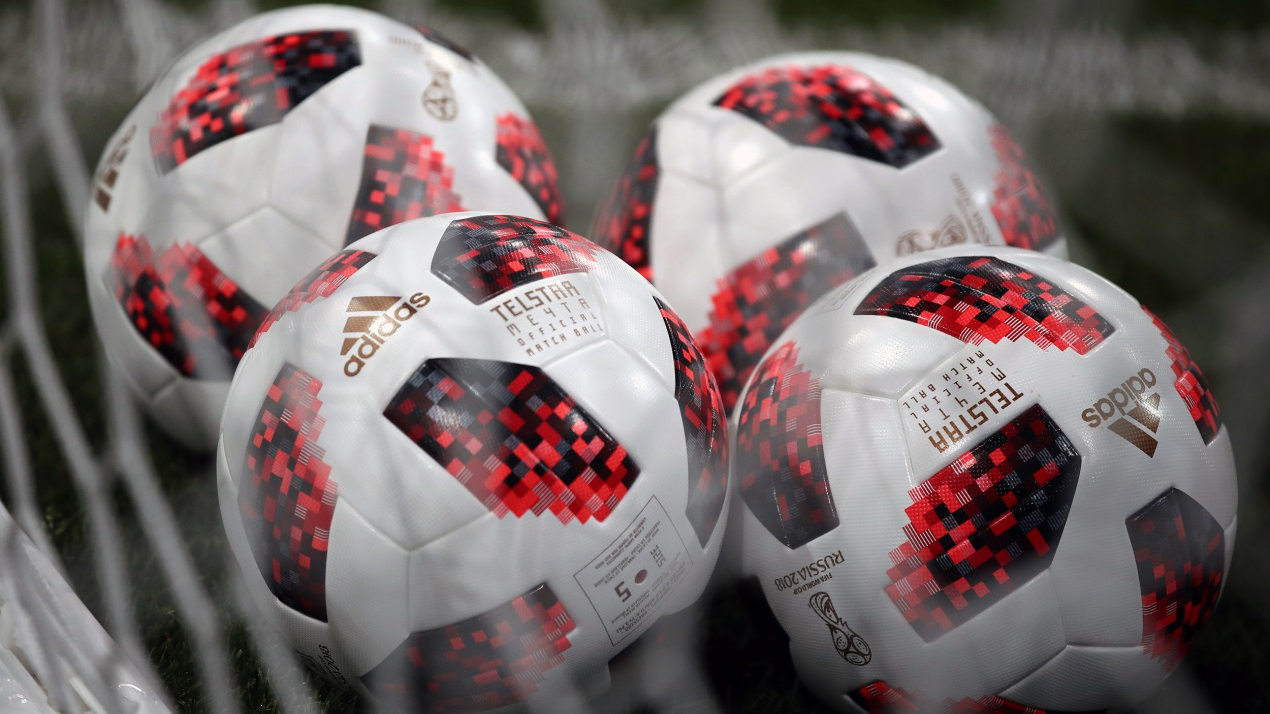There are 200-odd countries which are above a cricket-crazy and hockey-loving Pakistan in the FIFA rankings, but the 201-ranked country has been making its presence felt in this year's World Cup in Russia. Believe it or not, the South Asian country has been involved in each game of the World Cup so far even though the game of football is an almost non-existent entity on its own soil.
Having a ball in Russia
Yes, you have read it right. The already popular Adidas-supplied Telstar 18 match balls, named after the first Adidas-supplied match balls of the 1970 World Cup, with its black and white pattern, have been manufactured in Sialkot, the biggest manufacturing hub in Pakistan which contributes to almost 10 percent of Pakistan's total exports. With the city being the world's largest producer of hand-sewed footballs, amounting to roughly 60 percent of world production, a Sialkot-based company, Forward Sports, have been chosen as the official ball suppliers for the 2018 World Cup by Adidas and is branded under the iconic three-stripe logo of the German sports goods-manufacturing giants.
Khawaja Masood, the chairman of Forward Sports, confirmed to CGTN over the phone that "It's an honor for us to supply the match balls to the World Cup again. We have already provided the match balls during the previous World Cup finals in Brazil."
Although he didn't divulge much about the numbers and supply details due to their contractual obligations with Adidas, but for Masood, "it's a good experience for us as it's certainly going to boost our business manifold."
According to reports, the Pakistan-based company has been churning out 700,000 footballs on a monthly basis since rolling out the approved product from their factory.

A worker in Pakistan holds the Adidas Telstar match ball during the manufacturing process in Sialkot for the 2014 FIFA World Cup match balls. /VCG Photo
A worker in Pakistan holds the Adidas Telstar match ball during the manufacturing process in Sialkot for the 2014 FIFA World Cup match balls. /VCG Photo
A historic match ball
The Telstar 18 is named the Telstar, which was itself named for its resemblance to the original Telstar communications satellite and is a portmanteau of the words "television" and "star." The original black and white pattern for the 1970 World Cup was made to ensure that television audiences would know where the ball was while games were in operation, due to many televisions at the time sporting a black and white screen as color television was still rare in many parts of the world in that era.
Although the original Telstar had 32 panels, the Telstar 18 has six textured panels, and they are not stitched like its previous avatar but seamlessly glued together. With the advent of technology in the world of football, the ball has an embedded near-field communication (NFC) chip which can be accessed using a smartphone. Although the Telstar 18 was used for the group stage, the Telstar Mechta ("Mechta" means dream or ambition in Russian), with red details on the design has been used in the knockout stage.

Kasper Schmeichel of Denmark holds the Adidas Telstar match ball during the 2018 FIFA World Cup Russia Round of 16 match between Croatia and Denmark at Nizhny Novgorod Stadium, July 1, 2018. /VCG Photo
Kasper Schmeichel of Denmark holds the Adidas Telstar match ball during the 2018 FIFA World Cup Russia Round of 16 match between Croatia and Denmark at Nizhny Novgorod Stadium, July 1, 2018. /VCG Photo
A sports goods manufacturing hub
The city of Sialkot has traditionally been the world's largest center of surgical instrument manufacturing for decades but sports goods manufacturing, including footballs and hockey sticks, has gained momentum over the past few years as the local factories manufacturing 40-60 million footballs a year. Apart from the 2014 World Cup in Brazil, Forward Sports has made "footballs for the German Bundesliga, France Ligue 1, and the Champions League," according to an earlier media report, citing Turkey's Anadolu Agency.
Earlier, Pakistan used to supply handmade and stitched footballs, but these thermally bonded balls are made by attaching the panels through heat – the latest technology adopted by Adidas and transferred to Forward Sports in 2013.
According to Husnain Cheema, president of the Pakistan Sports Goods Association, the country will export close to 10 million footballs across the world this year as Pakistan annually earns one billion US dollars from sports goods exports, which includes 350 million to 500 million US dollars from footballs alone.
In a media interview, Russian Ambassador to Pakistan Alexey Dedov recently said, "Pakistan is one of the most renowned countries in the world in the manufacture of sports equipment," adding, "We want to enhance our cooperation with Pakistan to other sectors as well."

Tim Cahill of Australia touches the match ball as he walks out for pre-match warm up prior to the World Cup match between Australia and Peru at Fisht Stadium, June 26, 2018. /VCG Photo
Tim Cahill of Australia touches the match ball as he walks out for pre-match warm up prior to the World Cup match between Australia and Peru at Fisht Stadium, June 26, 2018. /VCG Photo
Controversy over the ball
However, all is not hunky dory about the ball as a number of goalkeepers, including Spain's David de Gea, have come down heavily on the aerodynamics of the Telstar 18 and a slew of silly-looking goalkeeping howlers, including Uruguay goalkeeper Fernando Muslera's match-defining mistake against France on Friday night. A match ball during France vs. Australia group league game also got burst, raising many questions over the Telstar 18.





